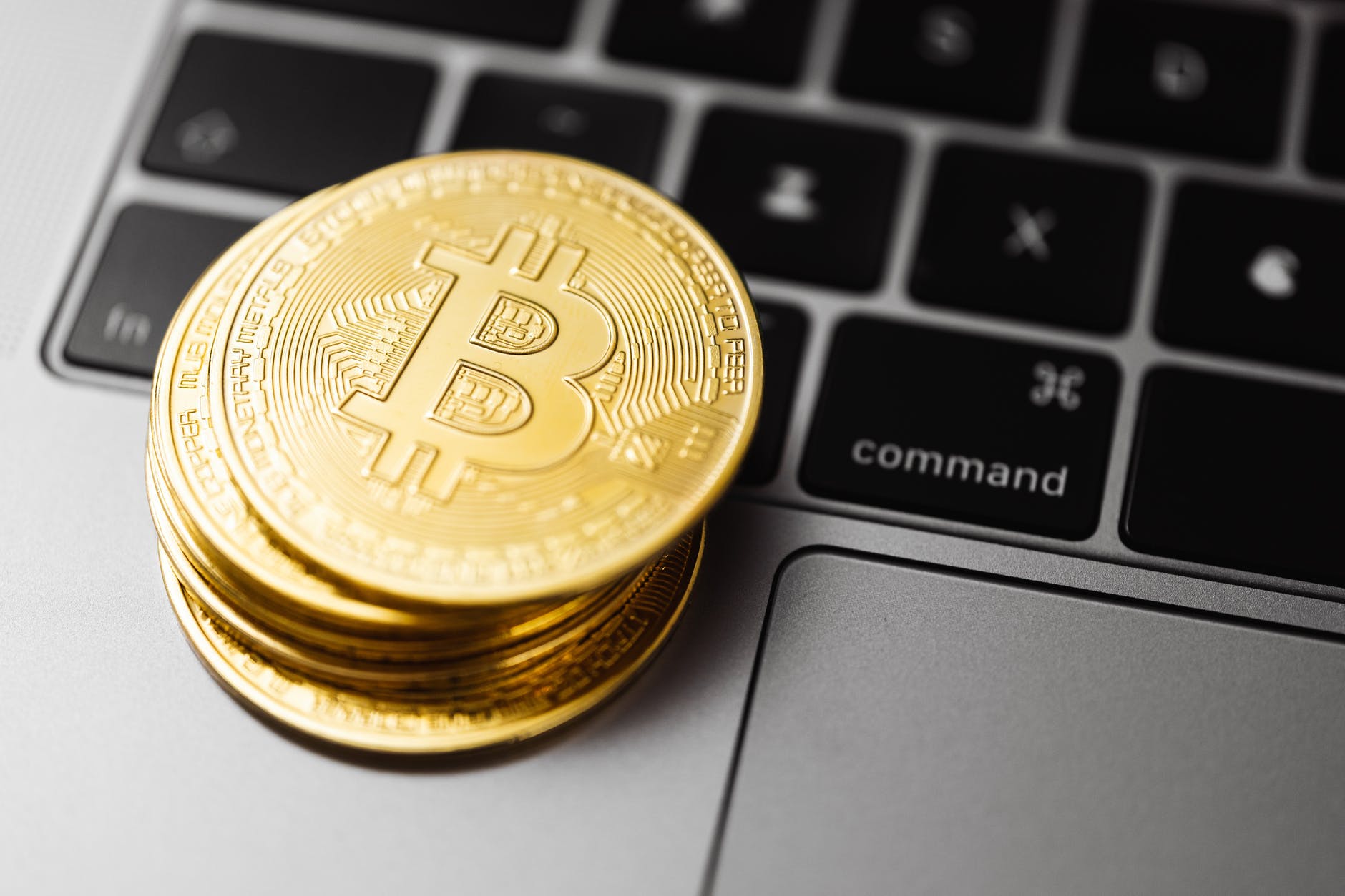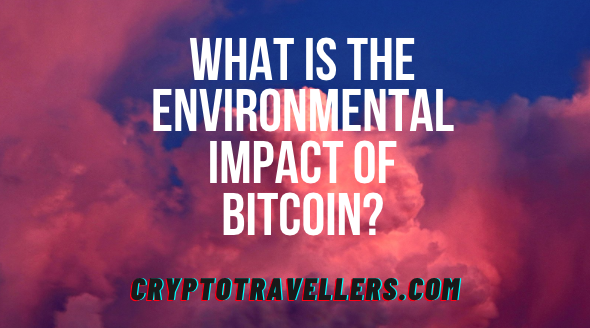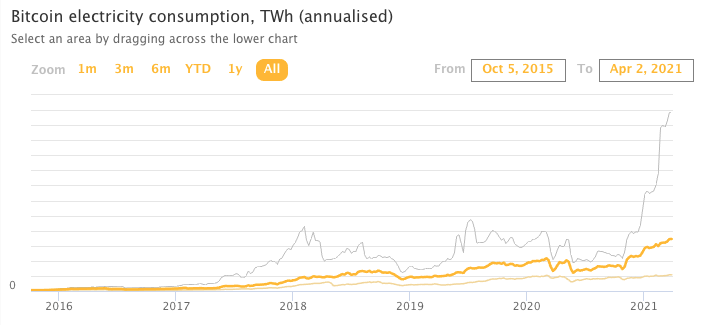
Learn How to Buy Bitcoin in the UK | 8 of the best ways!
How to Buy Bitcoin in the UK? | 2021 Step by Step Guide Do you want to buy Bitcoin and are located in the UK? In this step by step guide we will show …

Bitcoin is a digital currency that can be used to buy and sell goods, services or other currencies. Bitcoin transactions are stored on the blockchain which records all bitcoin transfers as well their ownership history from one user address (public key) to another public-key owner’s wallet without any need for an intermediary financial institution such like PayPal/Visa etc., hence it has been dubbed “the people’s money”. The transaction process of bitcoins requires mining - solving complex mathematical problems using computers with high processing power in order confirm new blocks added by miners into its global ledger known at Blockchain; this activity consumes large amounts electricity since each block contains about 12000 computations before being confirmed onto chain so there needs many powerful machines running 24 hours per day.
The Bitcoin network consumes an estimated 30.14TWh of electricity annually, which is equivalent to the amount used by Ireland in one year or about 0% -0- % of total global energy consumption for all purposes including heating and transportation (IEA). Each bitcoin transfer costs more than 12 times what traditional credit card swipe would charge you if we were using Visa/Mastercard etc., hence why many people are calling bitcoins “the most expensive currency”. However there have been recent developments such like Lightning Network where transactions will only need two miners instead thousands so hopefully this will reduce the amount of electricity needed.
The Bitcoin network is using an insane amount of energy. One transaction alone takes up more than 600 kilowatt-hours (KWh). This is enough to leave a small digital footprint on the environment, and it’s not good for the planet. In this blog post, we’ll explore how much energy Bitcoin consumes per transaction, as well as what can be done to reduce that number in order to make cryptocurrency less environmentally unfriendly.
There is a high cost when it comes to the energy used to process bitcoin transactions. This occurs because there are more than 2 million bitcoin transactions per day, with each transaction costing 612 kWh in electricity. Each confirmation takes about an hour and costs $76 at current exchange rates. Digiconomist has estimated that a single transaction uses roughly 707.6 KWh - this would be equivalent to the power consumed by an average US household over 24 days.
It takes 10 minutes for Bitcoin to be mined. At 600 seconds (10 minutes), it will take 72 Terawatts of power to mine a bitcoin using the average power usage provided by ASIC miners.
The Bitcoin network uses 74% of its electricity from renewable energy sources, when compared to the world’s largest industry, it shows a focus on clean energy.
There are many greener alternatives to Bitcoin. One of the most popular is Litecoin, which uses less electricity and has a more stable price than bitcoin does at times due its faster block generation time (one every two minutes). Another alternative that’s gaining popularity in recent years as an environmentally-friendly cryptocurrency option for those who want something different from traditional options like Ethereum or Ripple would be Dash, or Cardano both offer lower transaction fees when compared with other cryptocurrencies on this list.
The average person can use these currencies without worrying about their carbon footprint because they have low energy consumption rates per coin mined/transaction made by users around them; there will always need some form currency but we should all strive towards using cleaner forms so our children won’t inherit a world with a dying ecosystem.
A lot of accusations against Bitcoin focus on its environmental impact, but how exactly does it compare to Gold?
According to Coindesk , Gold production uses around 132 Terawatts per year, so around 15 Gigawatts hour.
The gold mining process however, is largely reliant on fossil fuels and other toxic chemicals, and can’t use renewables in the same way that Bitcoin can. E.g in Iceland geothermal power is used to power Bitcoin mines. This means that Gold mining is undeniably worse for the environment than Bitcoin. This is before you even start to include security, transportation of the Gold from the mine to the destination - which will both have an environmental impact.
Cambridge University have produced a bitcoin electricity consumption index which updates ever 30 seconds. This gives you an Ideal of how much electricity Bitcoin is using. You can check it out below:
Unsurprisingly, since the recent bull run of 2021, the chart has gone through the roof, but arguably this is still less than Gold.


How to Buy Bitcoin in the UK? | 2021 Step by Step Guide Do you want to buy Bitcoin and are located in the UK? In this step by step guide we will show …

Introduction Bitcoin is a cryptocurrency that has seen its value skyrocket in recent years. Some people think of it as an investment vehicle while …